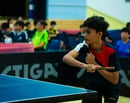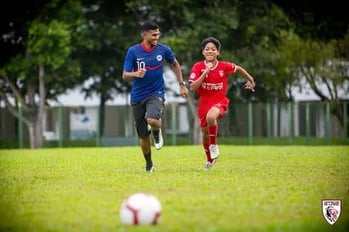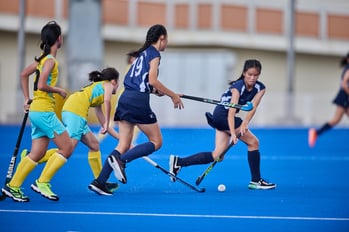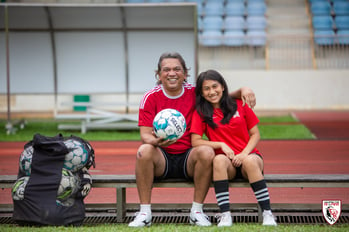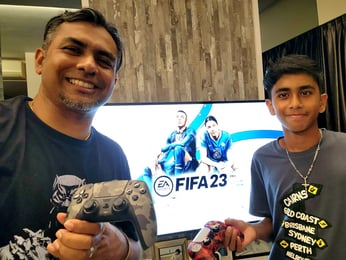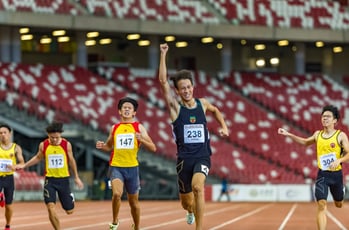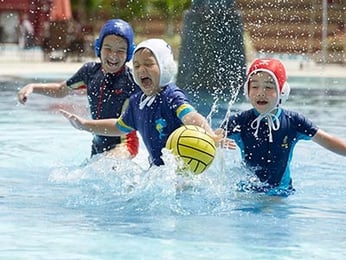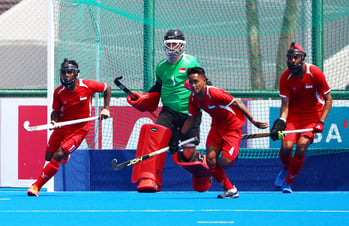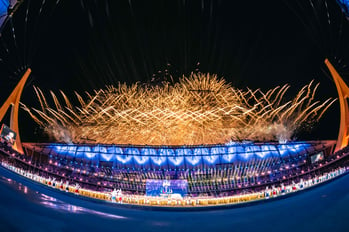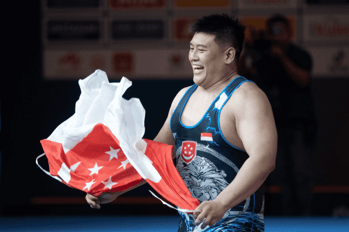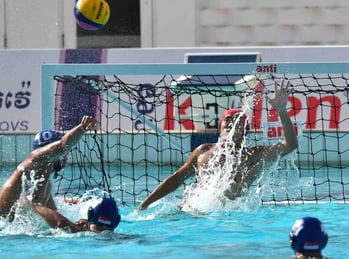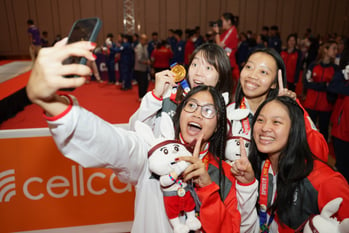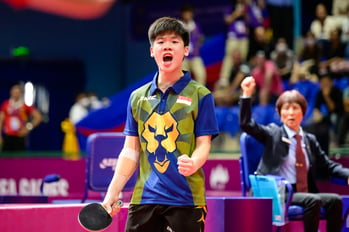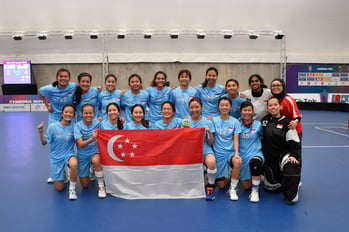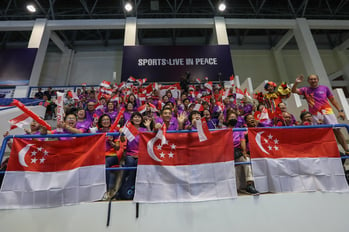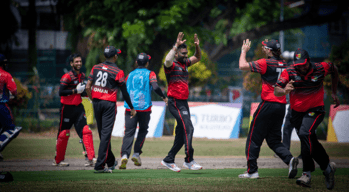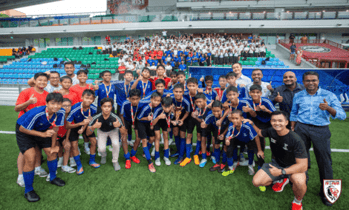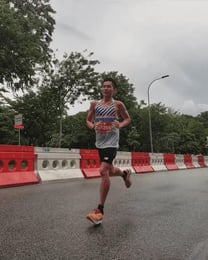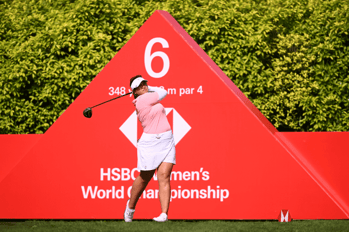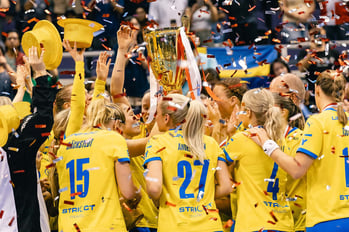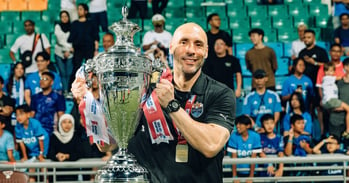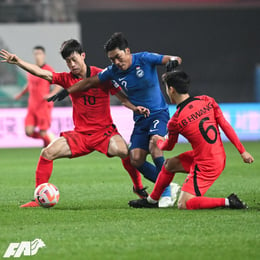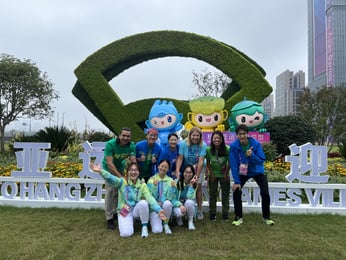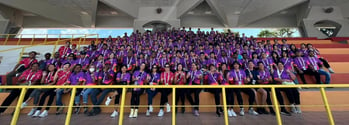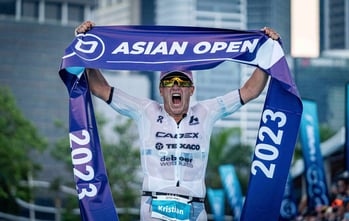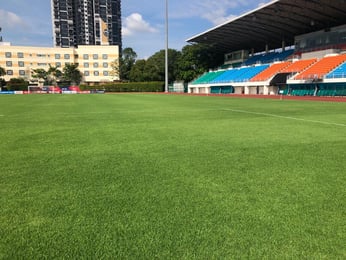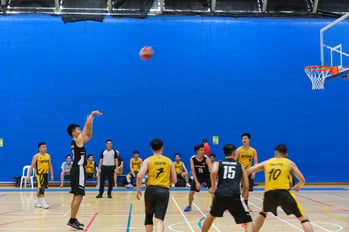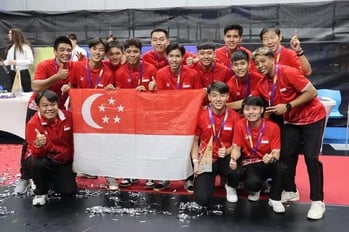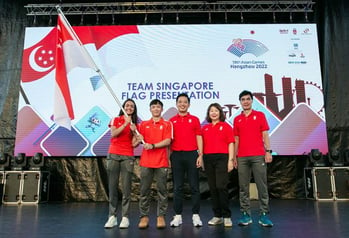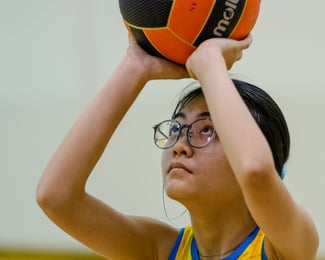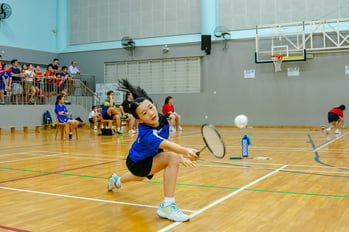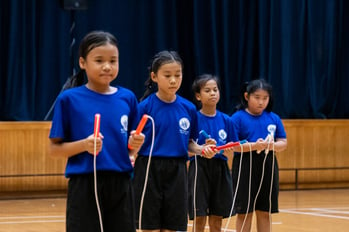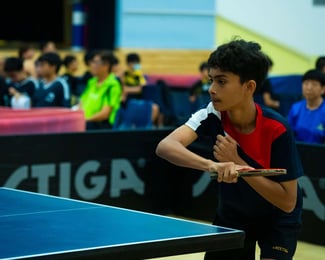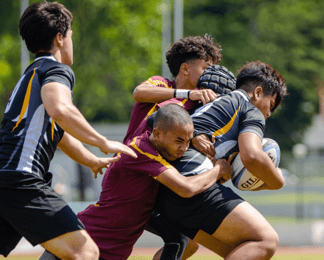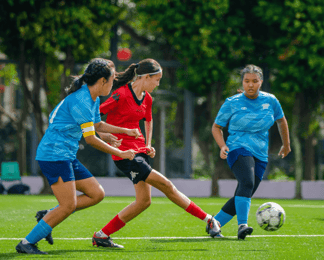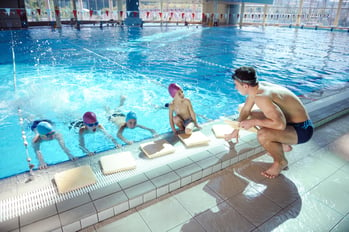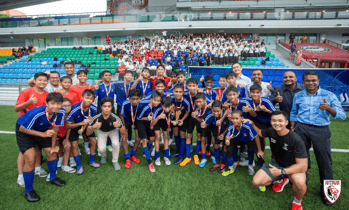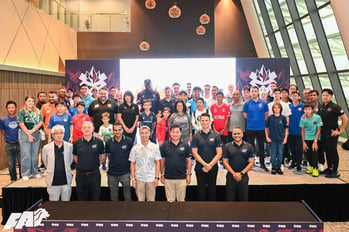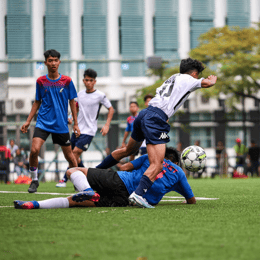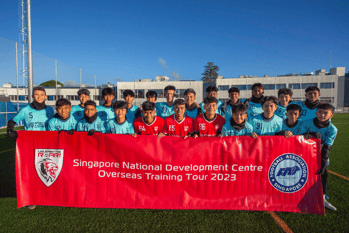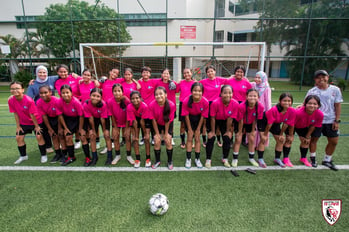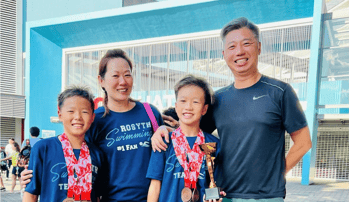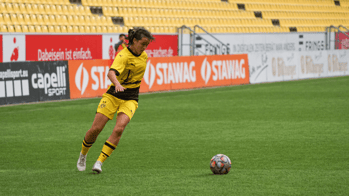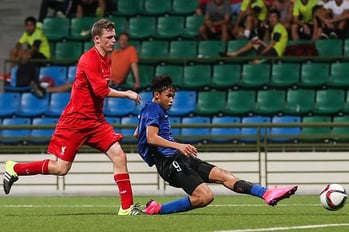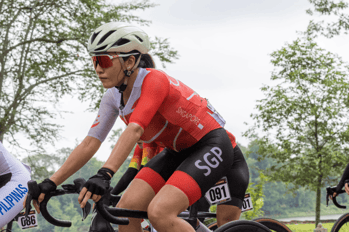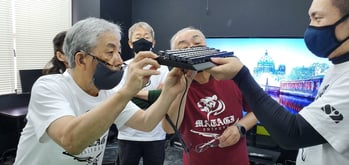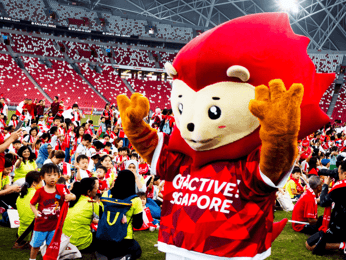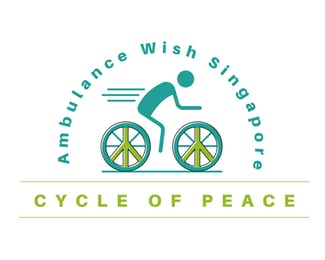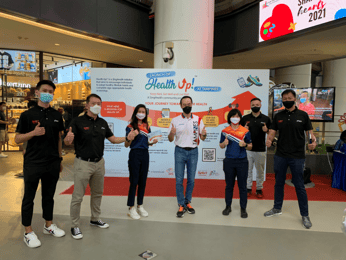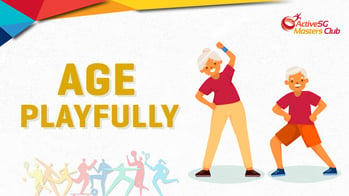Latest News
Top Stories
Main Topics
- Competitions
- Team Singapore
- Youth
- Working Adults
- Sports
- Parents
- Fitness
- Physical Activity
- Sports Feature
- Football
- Wellness
- National School Games 2022
- SEA Games 2021
- SEA Games 2023
- Seniors
- Healthy Development
- Inspirational Stories
- Tokyo 2020
- Tennis
- 2022 Asian Games
- Feature
- Media Releases
- national school games 2023
- Singapore Premier League
- Singapore Tennis Open
- Table Tennis
- Floorball
- Seniors/Masters
- Olympics
- GetActive! Singapore
- Rest Better
- Badminton
- School
- News
- Team Nila
- Basketball
- Active Start
- National School Games
- Sleep
- Duncan Elias
- Unleash The Roar!
- john yeong
- Swimming
- Competitons
- Activities
- events
- sg sports tv
- Video
- Sport Development
- Paralympics
- Screen Time
- Singapore Sports
- 2022 Commonwealth Games
- Play
- WTT Singapore Smash
- Fencing
- Netball
- Resources
- athletics
- Waterpolo
- AFF Suzuki Cup 2020
- ASEAN Para Games 2023
- Cycling
- Food & Nutrition
- Move Better
- Partnerships
- Singapore Floorball Series 2022
- Sport in Syonan
- Support
- Volunteers
- 2022 Asian Para Games
- Loh Kean Yew
- WTT Cup Finals 2021
- World Floorball Championships 2021
- Asian Netball Championships 2022
- Feng Tianwei
- Golf
- Guide to Your First Half-Marathon
- volleyball
- Gymnastics
- National School Games 2024
- Rugby
- SEA Games 2019
- Shanti Pereira
- YouthCreator's Voice
- ASEAN Para Games 2022
- Beginner
- Cricket
- Intermediate
- Squash
- Triathlon
- Aquatics
- GetActive! Playtime
- Ice Hockey
- Insider
- Road to Sea Games
- Singapore Badminton Open 2022
- Sports Highlights
- Tenpin Bowling
- World Cup
Netball
NSG 2024 Netball: Senior Div Girls League 3 Preliminary Round 2
by ActiveSG Circle, on April 23, 2024
Read more .
Working Adults
Beyond the Field: Exciting Sports Careers for Non-Athletes
by ActiveSG Circle, on April 23, 2024
Read more .
Badminton
NSG 2024 Badminton: Senior Div Girls Quarter-Finals
by ActiveSG Circle, on April 17, 2024
Read more .
Football
Evergreen Aleksandar Duric Still Making Headlines at 53
by ActiveSG Circle, on April 12, 2024
Read more .
Youth
NSG 2024 Rope Skipping: Junior Div Girls Freestyle Team Finals
by ActiveSG Circle, on April 12, 2024
Read more .
Active Health
Move and Rest Better With Data From Your Own Body
by ActiveSG Circle, on April 11, 2024
Read more .
Football
Life Comes Full Circle For Serangoon Garden Secondary School's Fahrish Khan
by ActiveSG Circle, on April 5, 2024
Read more .
Latest News
24
Parents
View ALL24
Youth
View ALL24



















